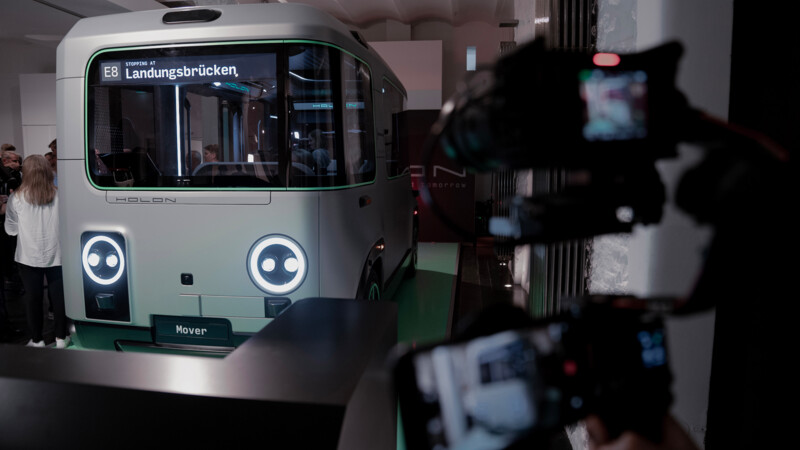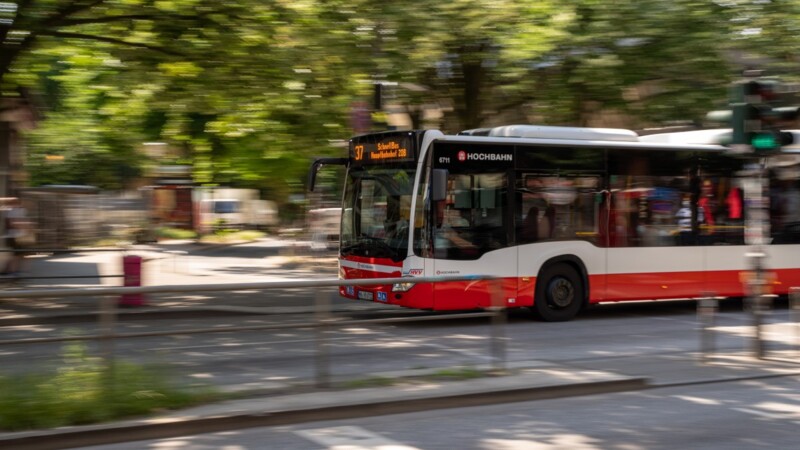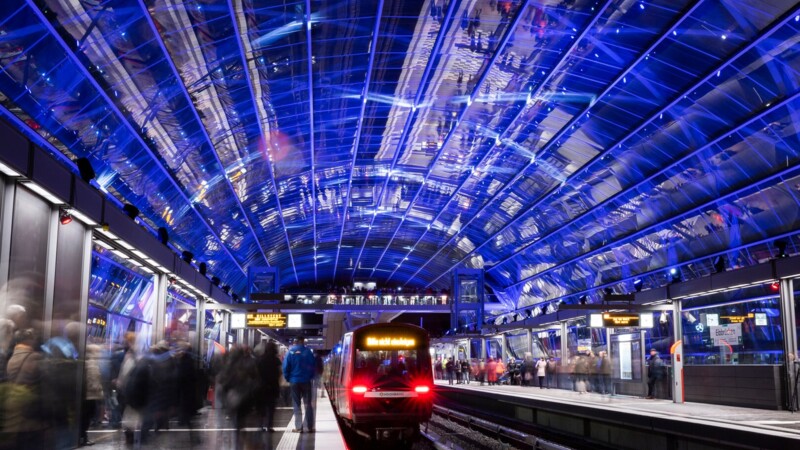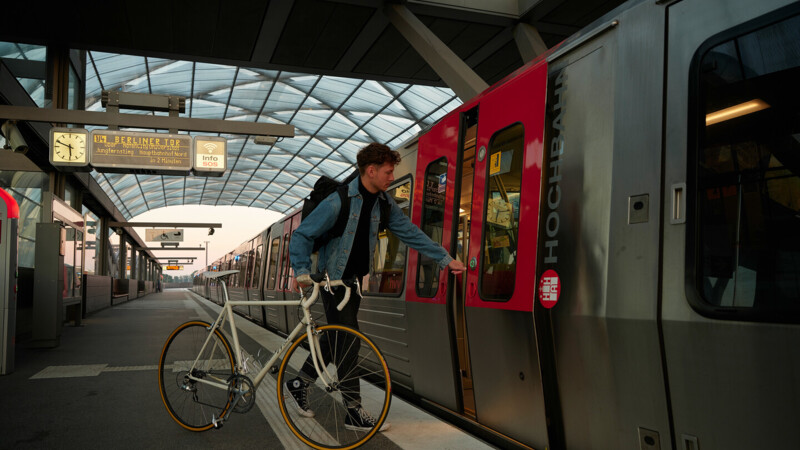"The future of mobility lies in digital transformation, which allows us to develop environment-friendly and resource-saving solutions for sustainable transport systems," said Anjes Tjarks, Senator for Transport. Four digital commuter trains are already in operation between the Berliner Tor and Bergedorf stations and will run automatically by 2030. The expansion of digital public transport technology is expected to reduce energy consumption. "Based on the current energy requirements of Hamburg's S-Bahn, we would save the energy needs of 10,000 households a year in the Hanseatic city alone," said Kristian Weiland, DB Head of Development Digital Rail Germany. The technology developed in Hamburg will be rolled out across Germany later, she added.
The City of Hamburg, Deutsche Bahn (DB) and Siemens Mobility signed Tuesday (July 18, 2023) an agreement to roll out the Digital S-Bahn Hamburg 2.0 at a cost of EUR 35 million. Under the agreement, all suburban trains in Hamburg will be digitized and automated by 2030. The new intelligent traffic control system is expected to cut the power consumption of trains by up to 30 per cent. The first new digital commuter trains are expected to go into operation in 2025 in time for the International Association of Public Transport's World Congress (UITP) in Hamburg.
Digitale, sustainable mobility transition
Digital S-Bahn 2.0 to save energy
A first highly automated digital S-Bahn train went into service in 2021. Now, 64 new digitally equipped S-Bahn trains have been ordered. By 2030, the S-Bahn sector will be digitally equipped. The intelligent public transport control system is designed to save energy through two measures. The technology can determine the exact position of trains, make better use of rolling phases and prevent stops on vacant tracks. This will prevent multiple trains from starting at the same time to reduce peak power consumption. A study is also being carried out to determine the potential for feeding energy back into the power grid.
nj/sb/pb
Sources and further information
More
Similar articles

Autonomous HOLON mover unveiled in Hamburg

Hamburg getting nearly EUR 2 million for intelligent bus technology

Mobility transition making progress in Hamburg
